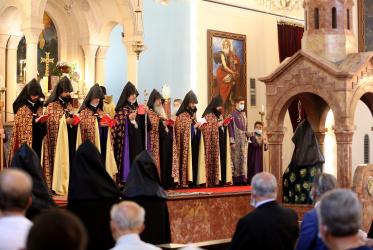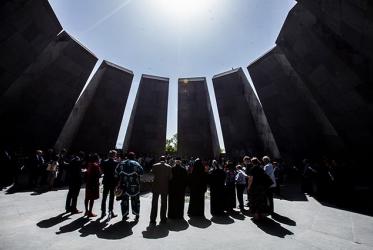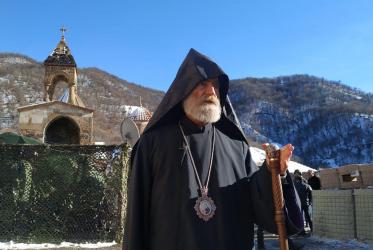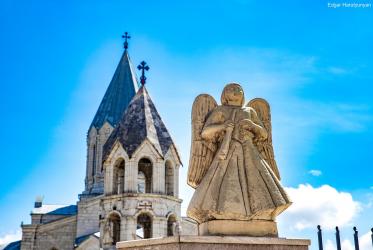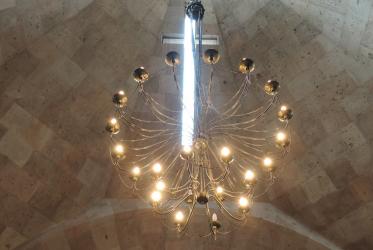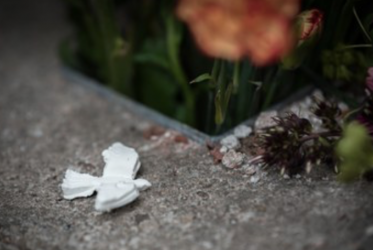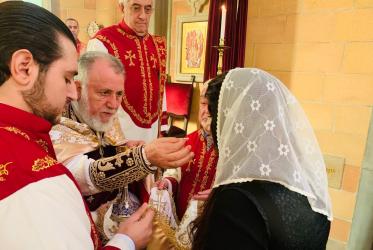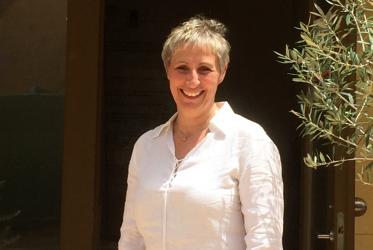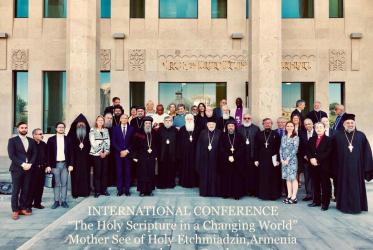Displaying 21 - 40 of 64
In pictures: Week of Prayer for Christian Unity
01 February 2021
Catholicos Karekin II visits Geneva
17 October 2019
WCC well-represented in Religions for Peace leadership
07 October 2019
Creating a better future for Syrian-Armenian youth
29 March 2018
